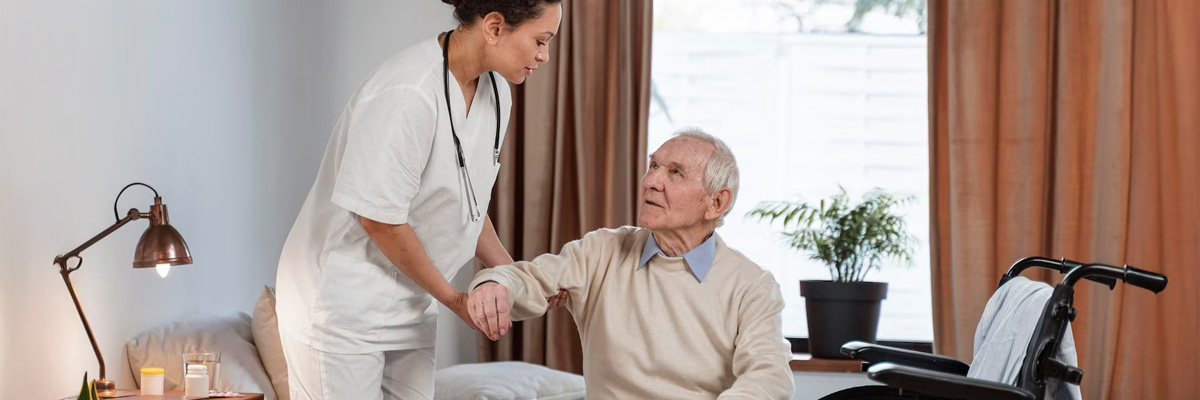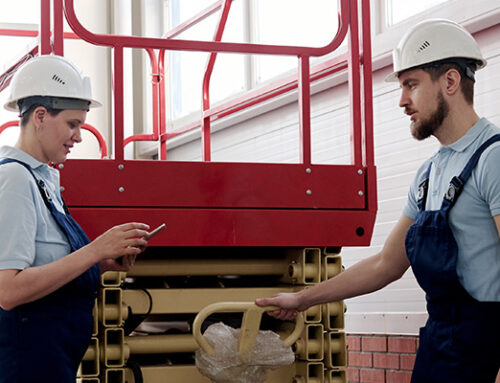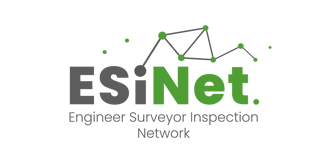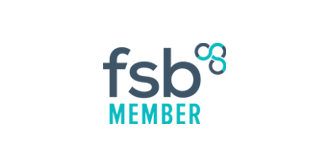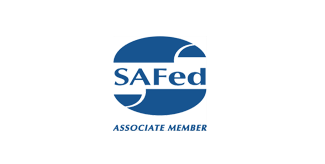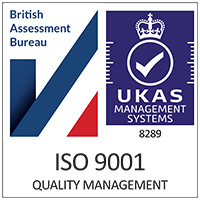Care homes operate in a high-responsibility environment, where safety and compliance are essential not just for legal reasons, but to protect the health and wellbeing of residents and staff. While the focus is often on care delivery, many care home operators don’t realise that lifting equipment, work equipment and pressure systems on site are also subject to specific safety regulations.
In this article, we explain how LOLER, PUWER and PSSR apply to the care home sector, what types of equipment are covered, and what care home managers need to do to remain compliant.
LOLER in Care Homes
LOLER stands for the Lifting Operations and Lifting Equipment Regulations 1998. These regulations apply to any lifting equipment used in the workplace, including:
-
Patient hoists and slings
-
Ceiling track hoists
-
Mobile hoists
-
Bath lifts and rise/recline chairs with lifting functions
What Are the Requirements?
LOLER requires that:
-
All lifting equipment is thoroughly examined by a competent person
-
Patient lifting equipment and accessories are examined at least every six months
-
All lifting equipment is maintained in a safe condition
-
Clear documentation is kept, including inspection reports and records of defects
Failing to carry out regular LOLER inspections could put residents at risk and lead to legal enforcement.
PUWER in Care Homes
PUWER stands for the Provision and Use of Work Equipment Regulations 1998. These regulations apply to any equipment used by employees at work, including:
-
Wheelchairs, trolleys, and adjustable beds
-
Kitchen and laundry equipment (e.g. mixers, ironing systems)
-
Maintenance tools and cleaning machinery
What Are the Requirements?
Under PUWER, all equipment must be:
-
Suitable for the task and the environment
-
Properly maintained and in a safe condition
-
Used only by trained and authorised personnel
-
Inspected regularly, especially after installation, repair, or movement
Everyday items in care homes still need a formal risk assessment, maintenance plan, and clear operating procedures to meet PUWER requirements.
PSSR in Care Homes
PSSR stands for the Pressure Systems Safety Regulations 2000. These apply to any equipment containing gases or liquids under pressure that could pose a risk if released.
In care homes, this may include:
-
Boilers and heating systems with pressurised vessels
-
Hot water calorifiers
-
Commercial laundry systems with steam functions
-
Compressed air units (e.g. for medical or maintenance use)
What Are the Requirements?
Under PSSR, duty holders must:
-
Have a Written Scheme of Examination (WSE) prepared by a competent person
-
Ensure equipment is examined in accordance with the WSE
-
Keep records of inspections and repairs
-
Ensure safety valves and pressure controls are in working order
Poorly maintained pressure systems can cause serious injury or property damage — making PSSR compliance essential.
Why These Inspections Matter in Care Homes
In a care environment, equipment failure or unsafe conditions can have serious consequences, including:
-
Injury to residents or staff
-
Service disruption (e.g. no access to lifting aids or hot water)
-
Legal penalties or action by the Care Quality Commission (CQC)
-
Invalidated insurance in the event of an incident
Regular inspections under LOLER, PUWER and PSSR help prevent breakdowns, extend equipment life, and demonstrate a strong commitment to safety and compliance.
Best Practices for Care Home Managers
-
Keep an up-to-date equipment register covering all relevant items
-
Schedule inspections in advance to avoid overdue compliance
-
Train staff on the safe use of all equipment, including how to report faults
-
Document all inspections, repairs and training for audit and CQC purposes
-
Work with a trusted inspection provider who understands the needs of the care sector
Final Thoughts
LOLER, PUWER and PSSR inspections are not optional — they are a legal requirement for care homes and play a vital role in protecting the people you care for. With the right inspection schedule and clear documentation, care homes can ensure safety, avoid disruption, and meet regulatory expectations with confidence.
At SIS Ltd, we provide tailored inspection services for the care home sector, helping you stay compliant and focused on what matters most — delivering safe, high-quality care. Contact us today to arrange your next inspection.


